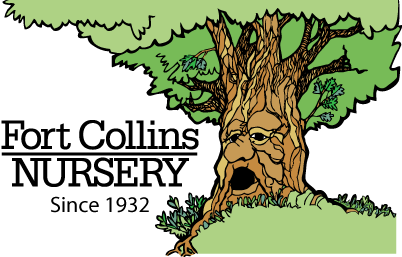 Tree Wrap
Tree Wrap
Fall is here and it’s time to start thinking about protecting young trees from the impending winter cold. Tree wrap is designed to protect your babies from the elements and keep them looking their best after the thaw. Sunscald can occur on the side of young deciduous tree trunks. A typical Colorado winter day may be sunny and up to 60 degrees Fahrenheit, causing the living layer under the bark to come out of dormancy and become active. If temperatures then drop below freezing, active cells and conductive tissue can rupture and die. Young, thin-barked deciduous trees, such as honey locusts, fruit trees, ashes, oaks, maples, lindens and willows are at highest risk.
Commercial tree wraps made of crepe paper insulate bark and are an effective way to prevent sunscald. In late October or early November, wrap trunks upward from the base of the tree to a point just above the lowest branches. Overlap about 33 percent with each turn. Secure the wrap with tape, but be careful not to attach the tape to the tree bark. Be sure to remove tree wrap and tape the following April to avoid girdling and possible insect damage. More tips on winter tree care are available from Colorado State University.

Rose Collars
Rose collars help to protect the grafts on grafted roses (hybrid tea, floribunda, grandiflora, and many other specialty varieties) from freezing by placing the rose collar around the base of the rose plant and filling it with clean leaf debris, mulch, or compost. Remove debris from the base of the roses, and use a rose collar to hold, compost, straw or bark over the rose crown. Collars should be removed the following April. We carry heavy duty plastic rose collars that can be reused year after year.
Originally published on October 3rd, 2018. Updated on October 4th, 2023.
